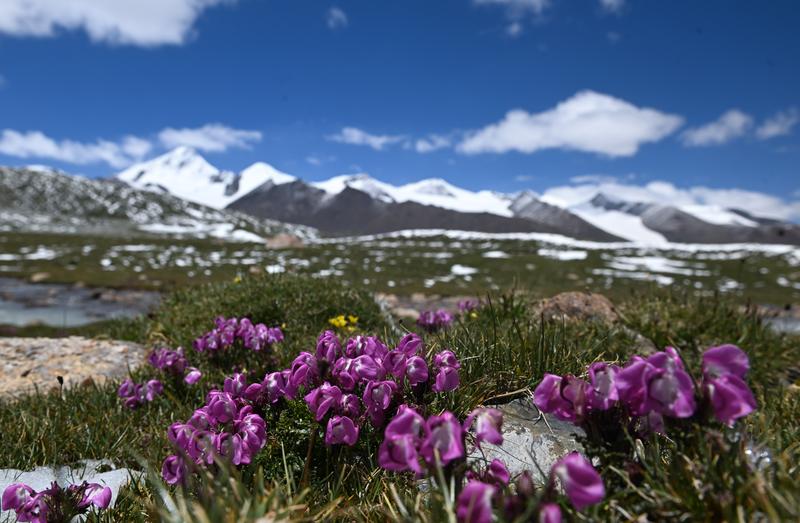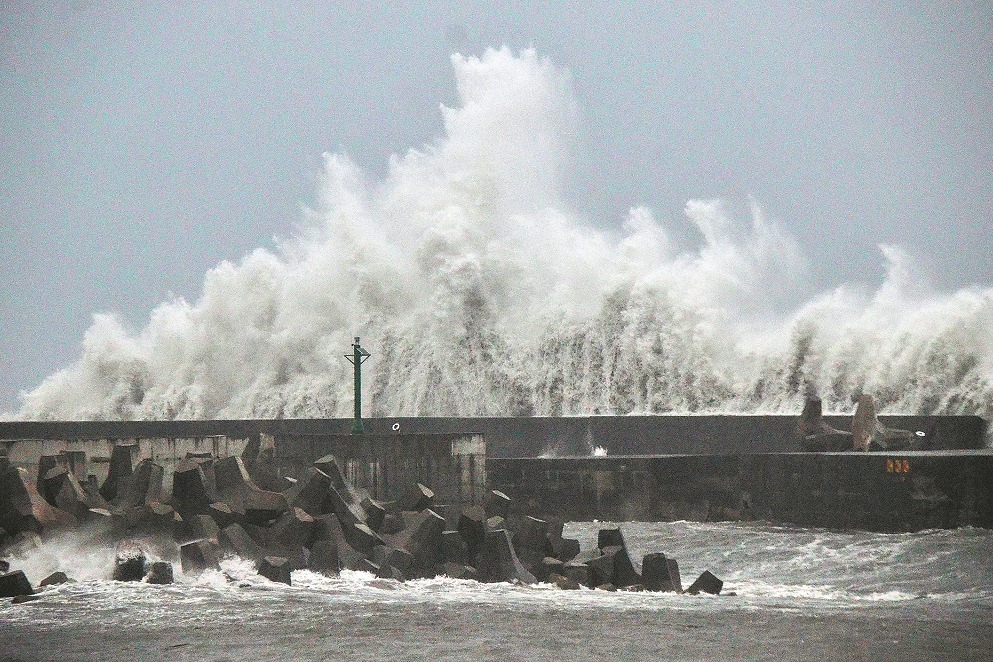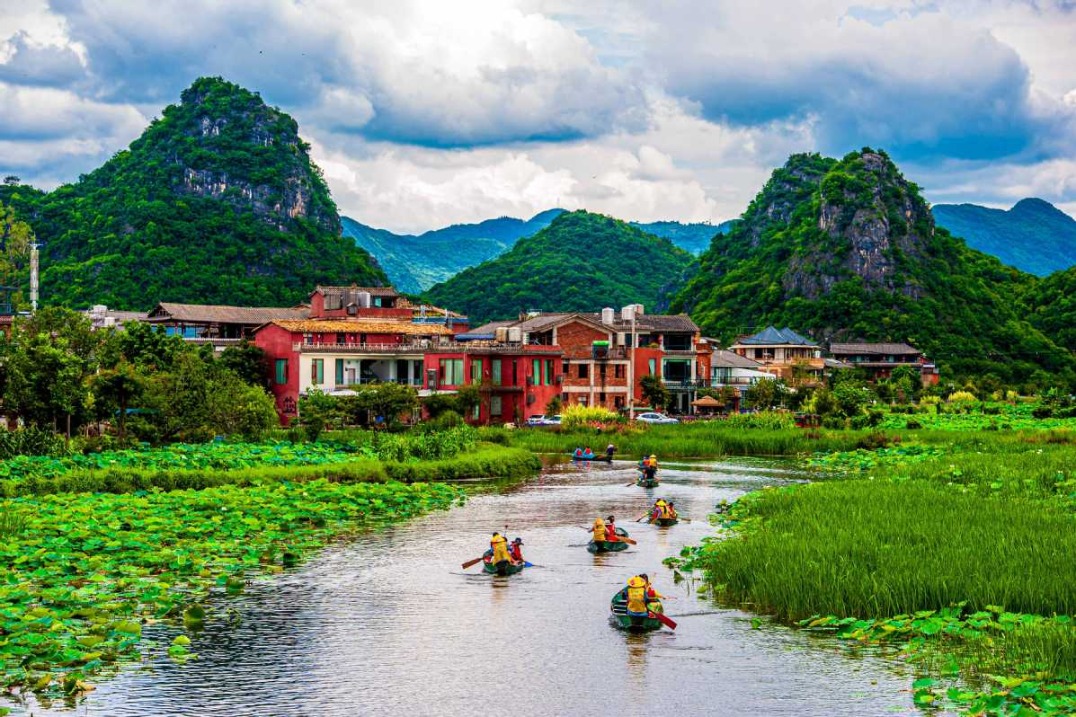Beautiful China vision has sown the seeds for the blossoming of an ecological civilization: China Daily editorial


It is the right actions based on the right answers to the right questions that determine whether progress can be achieved or not.
This is exactly the case when it comes to the development of China's environmental protection and ecological conservation.
Twenty years ago on Aug 15, 2005, President Xi Jinping, then secretary of the Communist Party of China provincial committee of Zhejiang, made the now well-known remark that lucid waters and lush mountains are invaluable assets when answering the question of how development can be ecologically and environmentally friendly. This was subsequently developed into one of his guiding theories for China's sustainable development.
The recognition that economic growth can not be achieved at the expense of the natural environment is the cornerstone of Xi Jinping Thought on Ecological Civilization, which is firmly grounded in the traditional Chinese philosophy of harmony between humanity and nature. Under the guidance of this framework, a host of creative, forward-looking and important initiatives have been taken with the aim of building a Beautiful China that satisfies the ancient ideal. As a result, the country's ecological and environmental protection efforts have produced sweeping, historic and transformative changes.
What makes this guiding theory particularly noteworthy is the fact that it points the way toward integrating ecological protection and economic development, creating a virtuous cycle.
The output value of China's forest and grass industry increased from 726.9 billion yuan ($101.37 billion) in 2005 to 10.17 trillion yuan in 2024. At the same time, the forest coverage has expanded from 18.21 percent of the country's total territory in 2006 to more than 25 percent now. In the past two decades, of the increased green area worldwide, China has contributed 25 percent, the highest of all countries.
Under the guidance of this theory, China's fight against desertification has made notable achievements. The desertification control rate in Kubuqi Desert in the Inner Mongolia autonomous region has increased from 7 percent, early this century, to 40 percent today. The endeavors various localities have made in environmental protection and ecological conservation have resulted in the considerable improvement of air and water quality.
Likewise, President Xi's insistence on ecological conservation has changed people's mentality about the relationship between environmental protection and economic development.
Under the guidance of Xi's vision of an ecological civilization, the country has applied a system of ecological conservation red lines, established a protected areas system with national parks as the mainstay, carried out major biodiversity protection projects, and conducted stringent enforcement and supervision. A large number of rare and endangered species have been placed under effective protection, and the diversity, stability and sustainability of the ecosystem have kept improving.
That quite a number of villages in various provinces and autonomous regions have shaken off poverty and become prosperous by leveraging their natural resources for eco-tourism has verified the truth that clear waters and lush mountains can produce development dividends if the right approach is adopted.
Behind China's announcement of its dual carbon goals — carbon peaking before the year 2030 and carbon neutrality before the year 2060 — is the shift in mentality and awareness of the need to realize an ecological civilization. As a result, what the country has achieved in its environmental protection and ecological conservation as well as the technological breakthroughs it has made in this regard has become a reference for the world.
More countries are drawing on China's experience in ecological civilization, from eco-cultural villages in South Africa to solar-powered land restoration in Uzbekistan and marine protection in Peru. Guided by the vision that “lucid waters and lush mountains are invaluable assets”, China is advancing its own green transition while cooperating with over 100 countries on clean energy, supplying the majority of the world's photovoltaic modules and wind power equipment.
This approach shows that economic growth and ecological protection can progress together, and China will continue working with the world to ensure a clean, beautiful planet for future generations.


































